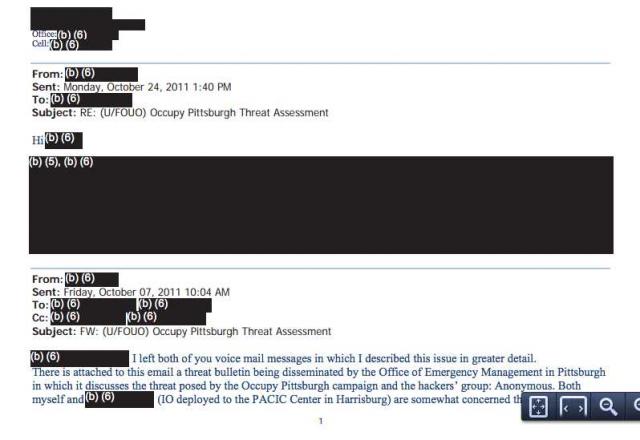(This story appears in full in The Nation’s online edition, where it originally appeared.)
More than ten years ago, Pedro Rodriguez, a talented keyboard musician, came from his colonial homeland of Puerto Rico to go to Temple University. From a low-income family, he depended heavily on student loans to finance his four-year undergraduate study. Graduating summa cum laude with a bachelor’s of music, he went on to earn a master’s degree in music from Temple and then was hired for three years to teach there as an adjunct. By the end of college, he was $62,000 in debt but was making payments regularly until Temple laid him off, allegedly because of budget cuts. That’s when his problems began. (Pedro Rodriguez is a pseudonym to protect his identity.)
Unable to find a job as a music teacher in the current economic crisis, he eventually went into default on his loans, which included Stafford, Perkins and private bank loans. Then this year, he decided to go on to earn a PhD, which would make it possible for him to get hired in his field. He applied to a top-rated university in the Northeast, but when it was time to send his school transcripts, Temple froze him out. “They said as long as I was in default on my loans, they would not issue a transcript!” says Rodriguez.
A spokesman from Temple confirms that it is school policy to withhold official transcripts from graduates who are in default on their student loans. As it turns out, the school is not alone; this is the position taken by most colleges and universities, though there is no law requiring such an extortionate position. They do this despite the fact the colleges themselves are not out the money. They have received the students’ tuition payments in full and are in effect simply acting as collection agencies for the federal government.
The US Department of Education says only that it “encourages” colleges to withhold transcripts, a tactic which the department, in a letter to colleges, claims coldly “has resulted in numerous loan repayments.”
 Students today are leaving college with huge debts and no job possibilities, and their schools are extorting them to pay
Students today are leaving college with huge debts and no job possibilities, and their schools are extorting them to pay










